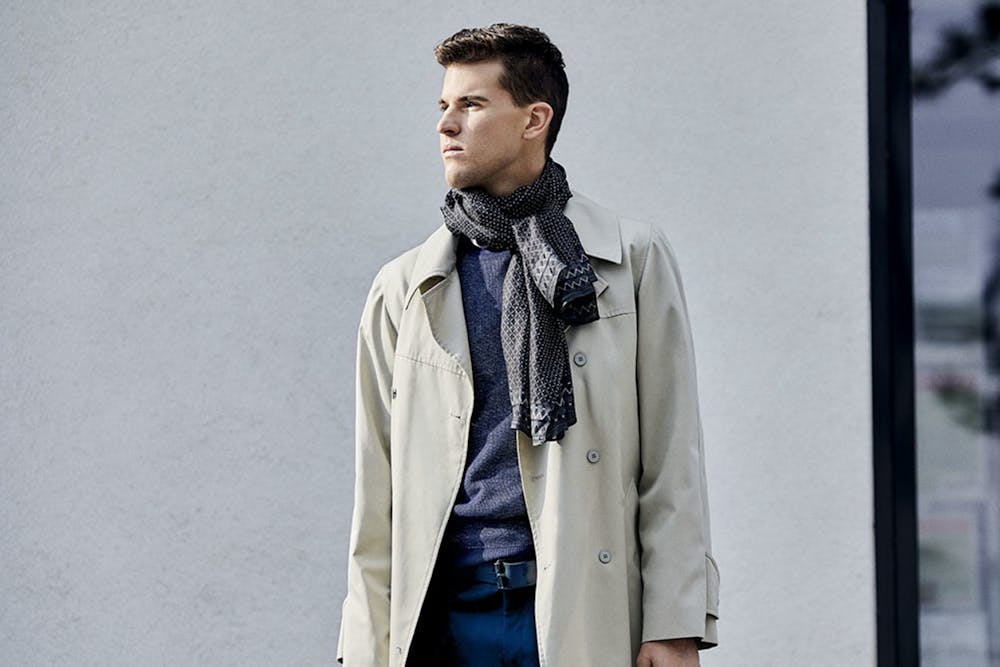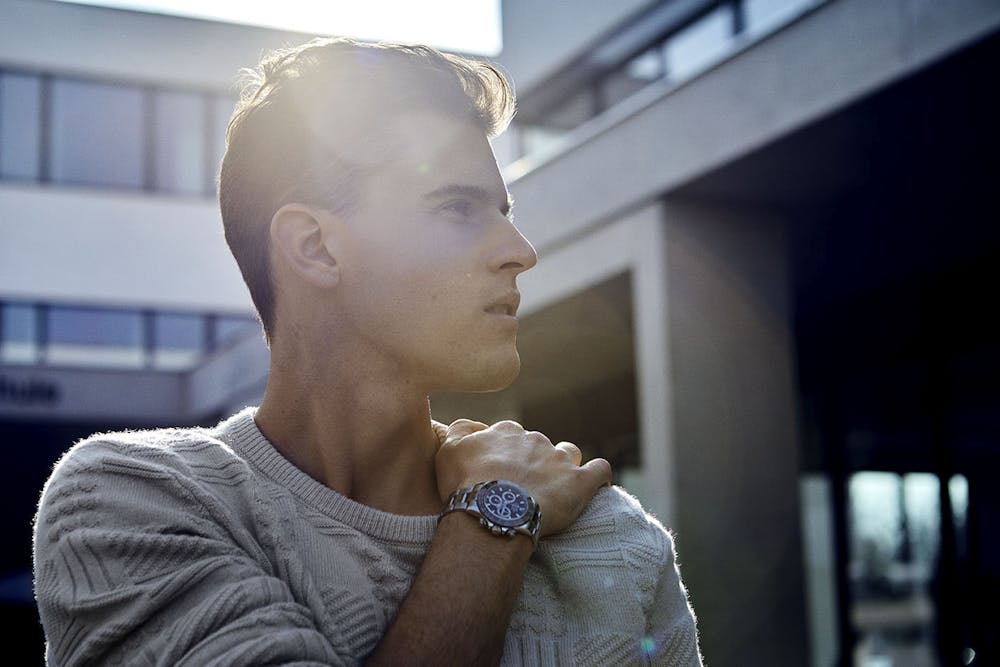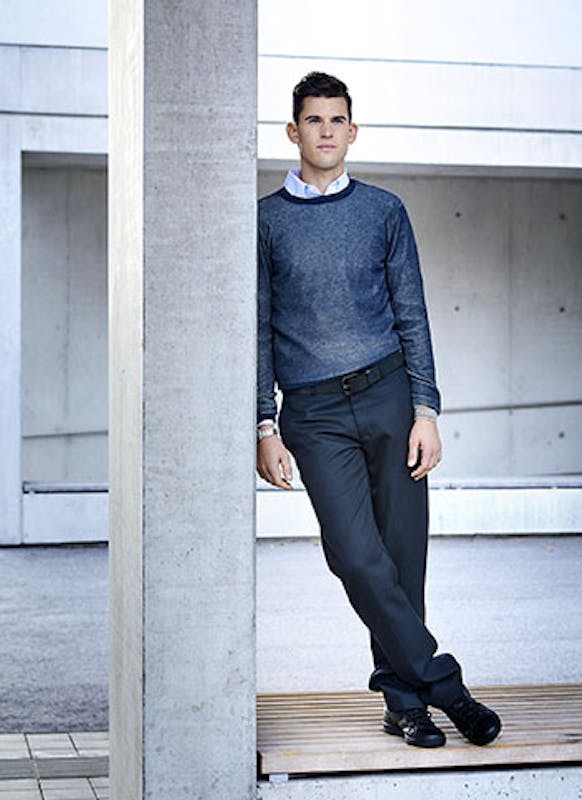You are also involved in several organisations, such as WWF. Where does it come from?
"I have always been an animal lover. I grew up like that, my mother is deeply involved in animal protection; I know I have a bit of influence so I try to use it to convey some messages. The environment is a big issue today, the world is in a critical situation, some species are endangered and we must deal with global warming. I work with nature reserves in Austria and I am really concerned about cleaning the beaches from plastic. I use my Instagram and Twitter accounts to inform people on those topics. Any time I can, I try to act in that sense."
What kind of things do you do?
"Before this year’s Miami Open, I helped cleaning a beach in California. Luckily, I can make an impact as a tennis player. I have no interest in politics at all, but if I can find a way to help the environment, then I do it. It’s important. We don’t really talk about these kind of things among tennis players, although I know Kevin Anderson is also involved in cleaning up the oceans from plastic."
Is it possible to be close friends with other players on the circuit?
"It is quite difficult as the thing you want the most is beating them on the court. We are opponents after all. But we still manage to be friends sometimes. As far as I am concerned, I am close friends with Diego Schwartzman. We often meet for dinner, we play PlayStation together… We all know each other very well as we play one another every week."
Do they give you advice?
"No, can’t do… We train individually."
Do you have time to visit the cities where you play during tournaments?
"Not really and this is something I regret, especially when it comes to Paris. It’s a city I would love to visit but I will do so after my career. Luckily, my girlfriend is French so it feels special to play at Roland-Garros. It’s an important tournament for me. After all, my career has just started."
 ROLAND-GARROS
19 May - 8 June 2025
ROLAND-GARROS
19 May - 8 June 2025



 © Ralph Wenig
© Ralph Wenig
 © Ralph Wenig
© Ralph Wenig © Ralph Wenig
© Ralph Wenig © Ralph Wenig
© Ralph Wenig © Ralph Wenig
© Ralph Wenig © Julien Crosnier / FFT
© Julien Crosnier / FFT